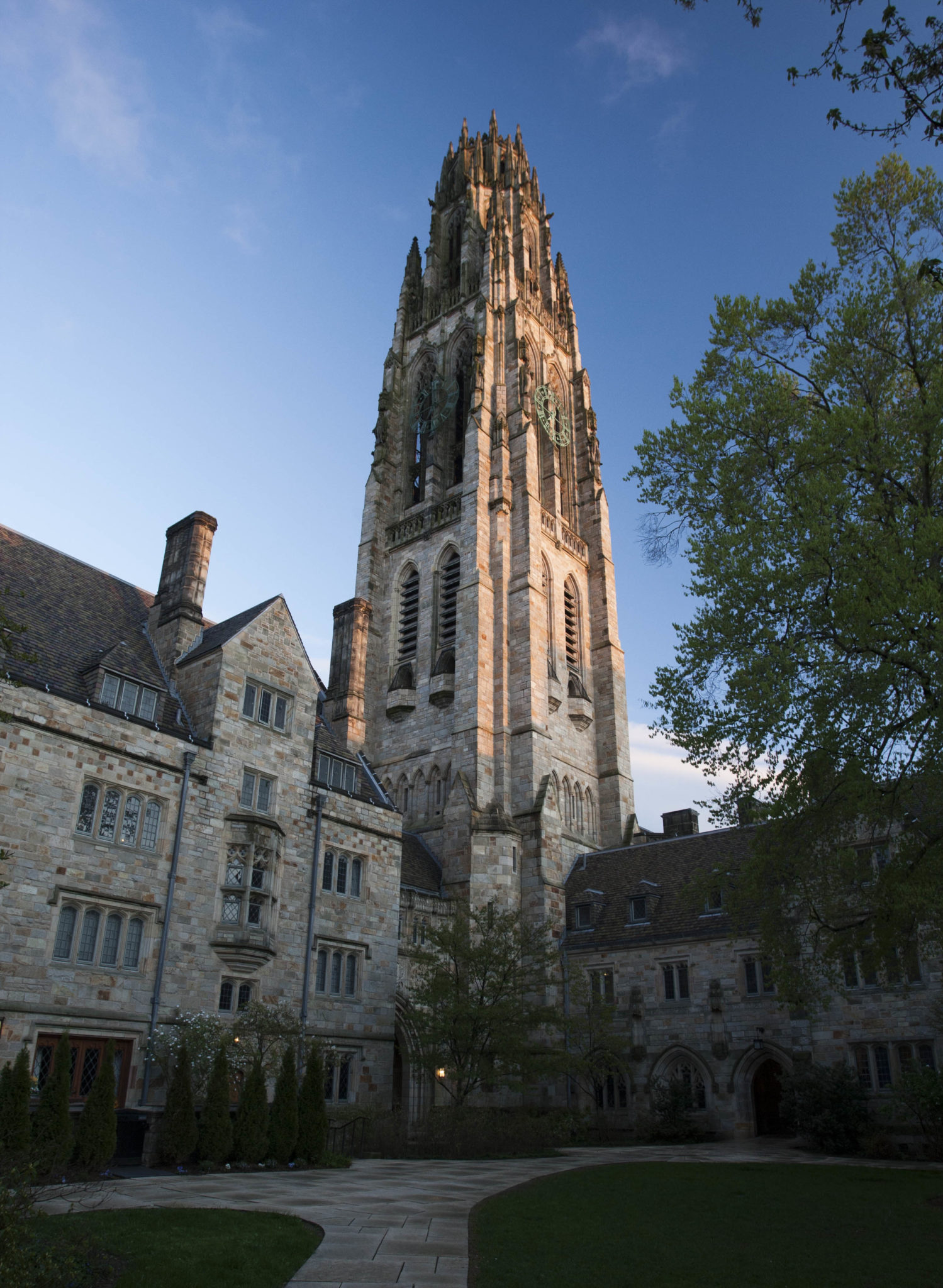
Jack Devlin
Sophomores struggling to come up with future career plans have a new place to turn: the workshop “Designing Your Career @ Yale”.
This fall marks the inception of a new program focused on tackling the uncertainty of life after college, which applies design thinking principles — a Stanford created designed-based method for problem solving — to life and career decision-making. The Office of Career Strategy hosted their first Designing Your Career workshop on Nov. 1 at the Study Hotel with 33 sophomores in attendance. The four-hour-long workshop consisted of group activities and various brainstorming exercises.
“I think what happened was they were attracted to this idea of designing your career because it gave them the time and space to sit together in community and think through some of these potential scenarios with themselves while also crowd-sourcing their peers who are just as high achieving highly motivated as they are,” said program facilitator Stephanie Waite.
The idea for Designing Your Career emerged after several staff from the OCS took a trip to San Francisco. During the trip, Waite and other staff met Bill Burnett, Stanford professor and author of the book, “Designing Your Life.” The course he taught “lifted design thinking processes and applied to life and career decision making,” Waite said.
At Stanford, Yale faculty were able to learn the curriculum and cater it to the Yale student body. The first prototypes were conducted with various grades, student athletes, graduate students and Yale College students. The workshop is now hosted twice a semester and focuses specifically on the sophomore class.
“Before coming to Yale, many students had a very specific idea of what they wanted to do, get into Yale or a similar institution, that was something they could work towards,” Waite said. “Once students get here, they don’t know which idea they want to tether themselves to in the future.”
According to Waite, the workshop is designed to “embrace the design thinking process” and be “inclusive of defining and redefining the problem.” Some of the activities include odyssey planning — a method to map out multiple ways in which your life could unfold — as well as various world and work view activities that allowed students to evaluate how they perceived employment.
One big aspect of these workshops is their collaborative nature. Students work together in groups to define, redefine, test things out, provide feedback and adjust along the way. According to Waite, students walk away with a “better understanding of the design thinking process” and the “tools and skills needed to do effective brainstorming.” Students also leave with a community of people to work with, Waite said.
According to OCS Director Jeanine Dames, these sessions asked students to take out any hurdles — including salary, geography and background — that exist in their life and pick a career. Students think about how these are possible without these restrictions before understanding how specific careers are possible even despite the restrictions.
“In introducing this to sophomores earlier [than junior year], as they think about internships and study abroad and course selections, they can use these tools and be really confident that this is part of that process that they’re going through to discover what they want to do afterwards,” Dames said.
The program is funded by the Hastings Foundation, which originally provided money to develop OCS. The foundation was founded by Charlie Stone and his wife Sally, which was initially gifted to help start what is now the Office of Career Strategies.
According Dames, Stone was a pre-medicine student at Yale, but the college did not have the same level of career advising as is currently available through OCS. In 2014, Stone gifted the Office with the Hastings Foundation to dedicate to the exploration that sophomores go through.
The Hastings Foundation now funds a yearly workshop that Yale hosts with other schools to train career advisors on adapting a similar designing program for their respective schools.
“I think the amount of resources we’ve been able to build at the Office of Career Strategy is absolutely phenomenal,” Waite said. “If you think something that’s career related, we likely have a resource or specific advice on that but when it comes to helping students develop a healthy workable mindset around the career decision making process, before designing your career, we didn’t have anything like that.”
The Design Your Career programming gives students the chance to think about how they want to engage in the world, Waite said. It allows students to turn their ideas into “actionable plans,” she added.
So far, the student reception has been positive, according to Waite. He said that the majority of students asked to lengthen the program when asked.
“I feel like this program really helps Yale students live very inspired and intentional lives and I think that ultimately leads not only to personal fulfillment but also to contribute better to the world,” said session participant Alexandra Belluck ’21 in a student video testimonial.
The OCS hopes to reach out to 50 percent or more of the sophomore class.
Kelly Wei | kelly.wei@yale.edu







